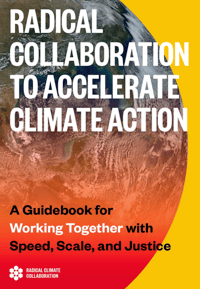Dismantling structural racism in organisational systems is daunting yet necessary.
Written by Akanimo Akpan, Rebecca Freeth, and Mahmood Sonday, this article hopes to contribute to a better understanding of structural racism in organisations, share our learnings, and propose some practical approaches to address and dismantle structural racism.
